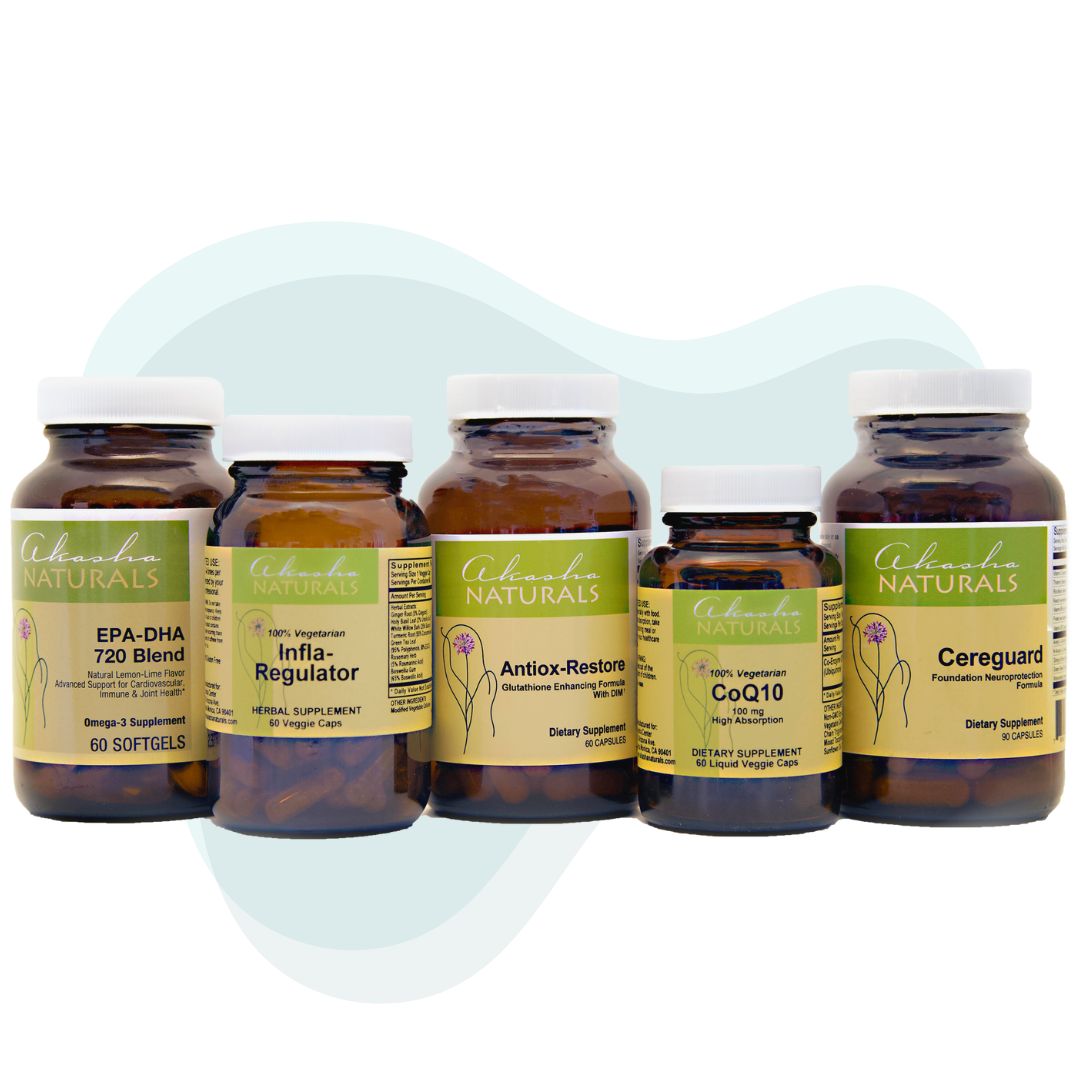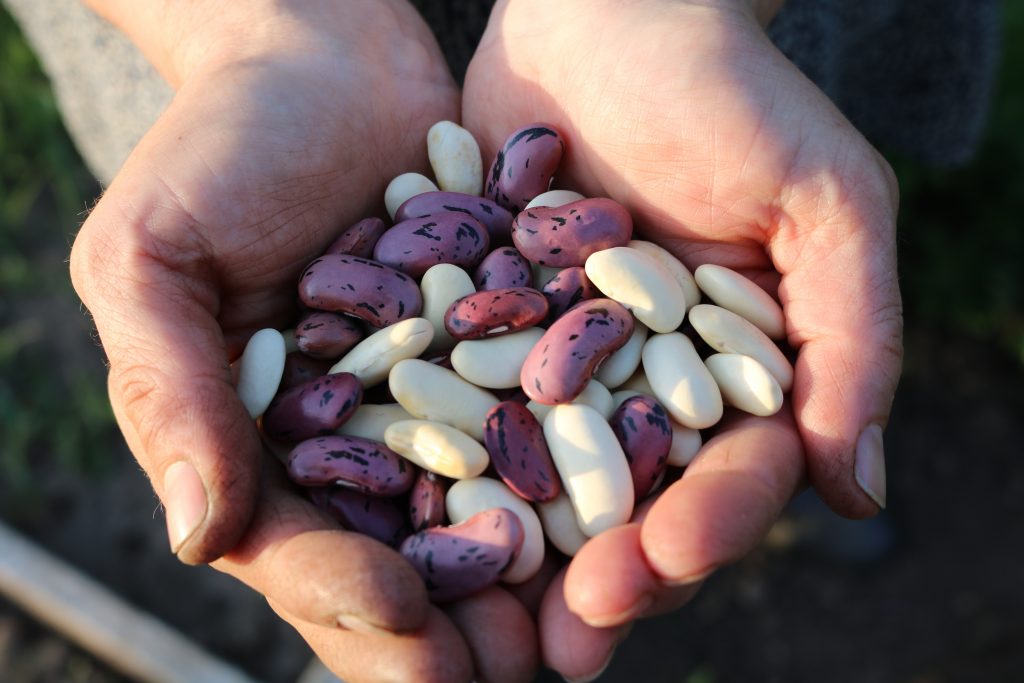We are all learning how important our gut microbiome is for our physical and mental health. We have more beneficial bacterial cells in our gut than we have human cells in our body. These beneficial bacteria perform cell signaling, play a role in our immunity, and are crucial for preventing cancer and chronic disease.
Ok, now that we can all agree that our healthy microbiome bacteria are precious to our longevity, how do we make sure they thrive? Microbiome bacteria are living organisms, so we need to FEED and water them.
Our beneficial bacteria have a #1 favorite food, and it is BEANS. Beans are densely packed little packages of protein, fiber, vitamins, and minerals. You can plant a bean in the ground, and it has all the genetic material to become a full-grown plant. They are both the mother and the child, the cycle of life represented in one little bean.
A healthy gut is able to digest food pieces into smaller molecules, absorb the smaller molecules to feed our cells, and eliminate the waste that is left over. A healthy gut also fosters an optimal environment for our beneficial bacteria to thrive, and this requires plant fiber. Nutrition experts recommend 25-38 grams of fiber daily, but the majority of Americans are not getting enough. Beans are one of the most naturally rich sources of plant fiber, more so than leafy greens. Beans are inexpensive, help you feel full faster, and feed both your human and microbiome cells.
Beans contain non-digestible fermentable fibers that survive the acidic stomach and the digestive enzymes in the upper part of the gut. They arrive in the large intestines (colon) where they are fermented by beneficial bacteria, releasing more nutrients and creating gas in the process. Fibers that can arrive intact in the large intestines to feed your microbiome are called prebiotics. When plant fiber is fermented in your colon, there is improved absorption of calcium and magnesium, and improved immunity. Gas is a sign that these healthy bacteria are being fed so that they can thrive.
Many people have been avoiding beans for fear of flatulence. Studies show that if healthy adults eat ½ cup of beans daily, they initially report increased gas but by 8 weeks their gas production is back to normal levels. Starting with 2 Tbs of beans daily and increasing to a goal of ½ cup of beans daily will allow you to reap the benefits of these fiber powerhouses and avoid the bloating, abdominal discomfort, and gas.
Cultures that eat beans and legumes daily often use certain herbs that help reduce gas production. In South America and Mexico, an herb that reduces gas production called Epazote is used to cook traditional black beans. In classical Indian cooking, Ajwain (Carom seeds) is used to flavor lentil and garbanzo bean dishes for the same reason.
There are several ways to help reduce the gas potential of beans in addition to slowly building up your daily tolerance. When soaking dry beans, change the water several times. Some of the gas-producing compounds are released into the soaking water and discarding it removes them. If you eat canned beans, rinse them first for the same reason. Drink plenty of water to keep your gut motility optimal to avoid constipation so the plant fibers don’t overstay their welcome in the colon.
In summary, beans are Earth’s gift to humans. Easy to grow, inexpensive to buy, delicious to eat, while promoting the health and longevity of the human body and microbiome.
Dr. Bren Boston specializes in Integrative Pain Management, Sports Medicine and Women’s Care at the Akasha Center. You can schedule an appointment by calling 310-451-8880 or emailing us at info@akashacenter.com










